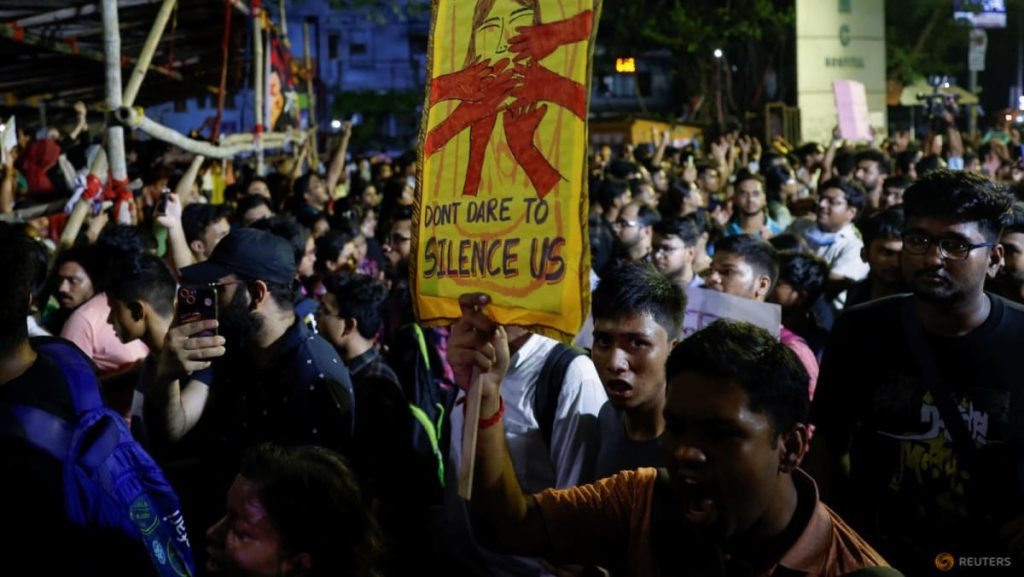In recent protests in several Indian cities, including Lucknow, Goa, and New Delhi, junior doctors have taken a stand against poor working conditions, excessive workloads, and workplace violence in government hospitals. The Indian Medical Association has called for an investigation into these issues and urged the Health Minister to increase security at medical facilities to protect doctors from harm. The protests have disrupted hospital services in some areas, highlighting the urgency of addressing these concerns.
The protests were sparked by a recent incident in which a family member of a deceased patient attacked a doctor at a hospital in Kolkata, resulting in serious injuries. The high court in Kolkata has ordered a criminal investigation into the incident, transferring the case to India’s federal police to demonstrate that the issue is being taken seriously by authorities. As a result of the protests and ongoing investigations, emergency services have been suspended in government-run medical colleges in Kolkata as the government evaluates the impact on health services.
Doctors in India’s government hospitals have long endured challenging conditions, including heavy workloads and limited resources, leading to dissatisfaction and frustration within the medical community. Many doctors feel they are undervalued and underpaid for their work, which contributes to a sense of injustice and resentment. In addition, incidents of violence against doctors by disgruntled patients or their families have also been a major concern, prompting calls for increased security measures to protect healthcare professionals.
The Indian Medical Association, the largest organization representing doctors in the country, has been vocal in advocating for better working conditions and higher levels of security for medical staff. By raising awareness of the challenges faced by doctors in government hospitals, the association is working to bring about much-needed reforms in the healthcare system to ensure the well-being of healthcare professionals and the quality of care provided to patients. The protests and demands for investigations signal a growing movement to address these critical issues within the medical community.
The health ministry in India has yet to respond to the calls for action from medical professionals, raising concerns about the government’s commitment to addressing the systemic challenges faced by doctors in government hospitals. The lack of a timely response from the authorities may further exacerbate tensions and undermine efforts to improve working conditions and safety for medical staff. As protests continue and investigations unfold, it is crucial for all stakeholders to work together to find sustainable solutions that protect the rights and well-being of doctors while ensuring access to quality healthcare for all patients.















